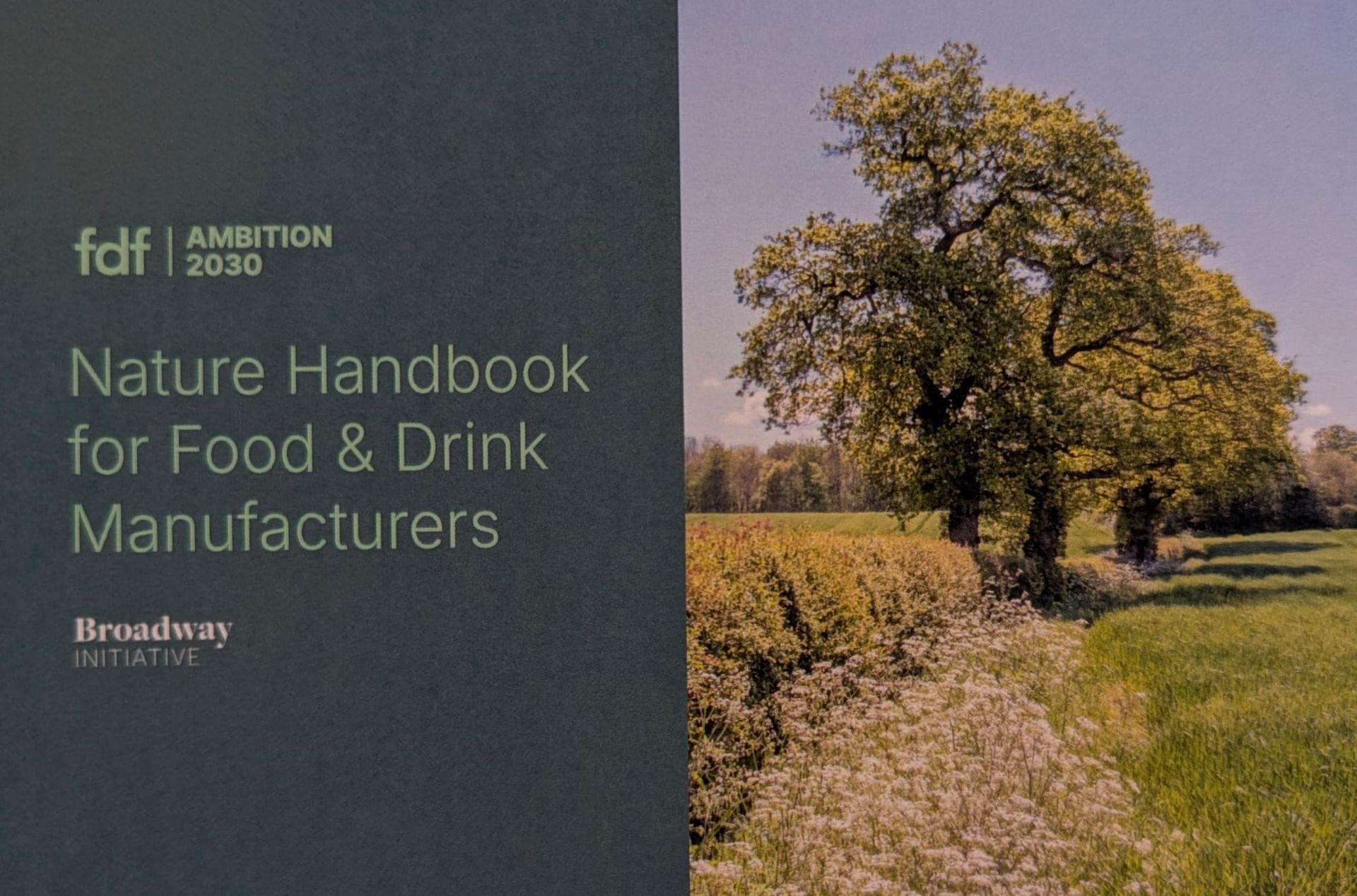Future Countryside: Achieving a healthy environment and a healthy living for farmers

On Tuesday 6th June Lord Salisbury opened his home to 200 rural leaders for an invite-only conference dubbed Future Countryside.
Broadway Initiative were in attendance, taking the opportunity to network with a group that Holkham’s Jake Fiennes called "the most influential rural gathering we're likely to see for some time".
It was an excellent chance to promote the role business can play in promoting carbon capture and conservation.
The theme that emerged from the conference was the cultural value of the countryside. Lord Herbert presented polling and focus group evidence suggesting the countryside was second only to the NHS in the esteem in which it is held by urban and rural people alike. Rory Stewart splashed colour on the data, invoking Wordsworth and the intense pathos that the British landscape inspires.
Henry Dimbleby spoke of the need for change detailed in the Food Strategy, and identified the least productive 20% of land as the areas in which environmental gains could most readily be achieved. These are of course the parts of the country in which countryside culture is at its thickest, providing a real challenge to implementation in the face of the emotional attachments Rory Stewart had described.
Just before lunch, the conference heard from Therese Coffey. The Defra Secretary laid out the government’s rural commitments, including the publication of a Land Use Framework in the summer and a report entitled “Unleashing the Countryside”, released that same day. Coffey joined all the speakers in saluting the working countryside, who she called “the original friends of the earth, the custodians of the countryside.”
Lord Mandelson called for policies that bring town and country together, that embrace with optimism the fact that the countryside is “magnificent”. Farmer and agro-ecological champion Johnty Brunyee agreed with the sentiment but cautioned against complacency, pointing to the evident climate and nature crises.
Shadow Defra Minister Daniel Zeichner also hailed farmers as food producers first, but pointed to the diversity of the rural economy and called for a policy framework that acknowledged that the countryside needs people.
Throughout the speeches and the interventions from the floor, it was made clear that a great deal is expected from the countryside: food, nature, access, carbon sequestration, flood prevention, even beauty and recreation. Farmers pointed out the difficulties in achieving all of this on finite land, in a regulatory framework that can be contradictory and an economy that struggles to pay them a living wage. The challenge is both eased and compounded by the affection people hold for the historic landscapes as they are, at a time when change is inevitable.
The solution is surely to work on a spatial environmental policy that puts both people and culture at its heart, as it seeks to resolve the shifting demands society places on the countryside. If we can get the governance and the regulatory frameworks right, nature and carbon markets have an exciting role to play in achieving both a healthy living for farmers and a healthy environment. The green revolution is the economic opportunity of the 21st century. Broadway Initiative will continue to work towards realising that opportunity for our members, for nature and for the countryside.



